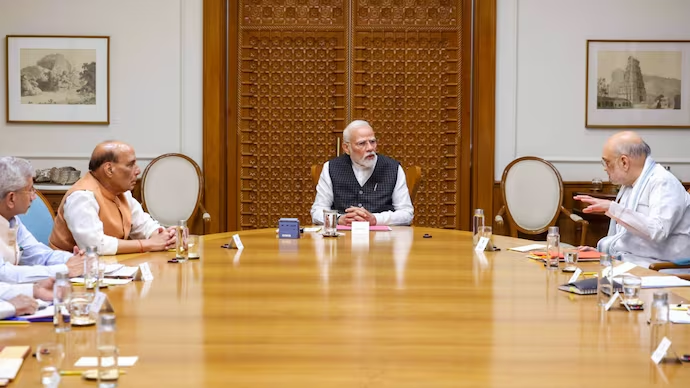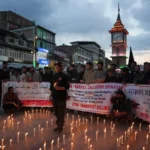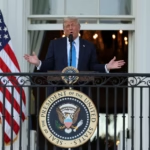India’s suspension of the Indus Waters Treaty (IWT) following the Pahalgam terrorist attack marks a serious diplomatic and strategic shift with significant implications for Pakistan.
What is the Indus Waters Treaty (IWT)?
- Signed in 1960 between India and Pakistan with the help of the World Bank.
- Eastern Rivers (Ravi, Beas, Sutlej) are controlled by India.
- Western Rivers (Indus, Jhelum, Chenab) are largely allocated to Pakistan, though India has limited rights for non-consumptive use like hydroelectricity.
Why Did India Suspend the Indus waters Treaty Now?

- The decision came after 26 people were killed in a terrorist attack in Pahalgam, Jammu and Kashmir on April 22, 2025.

- India sees Pakistan’s inaction against terror groups as a breach of peace and a “fundamental change of circumstances” under Article 62 of the Vienna Convention, giving India a legal basis to reconsider or revoke the treaty.
Key Impacts on Pakistan:
- Irrigation & Agriculture at Risk Punjab in Pakistan relies heavily on the Western Rivers for irrigation. Any alteration in river flow or timing could severely disrupt crop cycles, particularly during sowing seasons.
- Block on Hydropower Objections Pakistan can no longer object to India’s hydropower projects like Kishanganga, Pakal Dul, Ratle, and others. India gains freedom to build dams and reservoirs without design limitations.
- Flushing & Storage Control India can now flush reservoirs (to remove silt) or fill them at any time, not just during monsoons. This alters downstream river flow, potentially triggering droughts or floods in Pakistan.
- No More Flood Data Sharing India may stop sharing crucial monsoon flood data, making early warning and flood mitigation in Pakistan harder, especially in vulnerable areas.
- Suspension of Treaty-Mandated Tours Mandatory annual visits by Pakistan’s officials to inspect Indian projects may be scrapped. This affects transparency and trust between the two nations.
Strategic Leverage for India
- India’s upper riparian status gives it natural geographic advantage.
- Suspension could be a pressure tactic or a precursor to a full abrogation of the treaty.
Geopolitical Concerns
- The World Bank may intervene diplomatically.
- Other nations could push for de-escalation, as water disputes can lead to regional instability.
- Pakistan could approach international forums or raise the issue at the UN.
What’s Next?
- No official abrogation yet, just a suspension.
- The Vienna Convention offers legal justification if India goes further.
- A lot will depend on Pakistan’s diplomatic response, global reaction, and any future security incidents.









